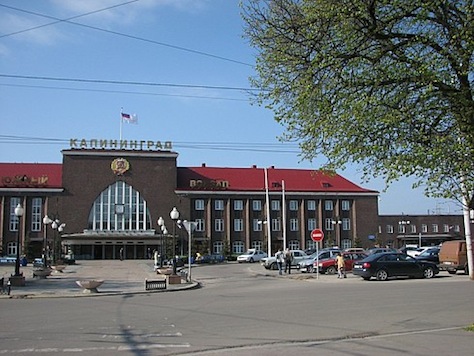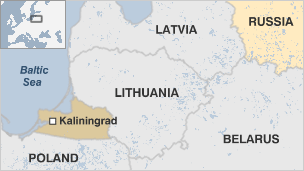It’s nearly April, which means that under the framework discussed at the time of Egypt’s constitutional referendum in January, we should be approaching the final stretch of a new presidential election, the second election in three years in Egypt’s troubled post-Mubarak era.![]()
Instead, there’s still no date settled for the presidential election — or for the parliamentary elections that were supposed to be held by the end of July. Rather, Egypt’s interim president Adly Mansour now promises only that the presidential election will be completed sometime before mid-July.
In the meanwhile, Egypt’s defense minister and army chief Abdel-Fattah El-Sisi still hasn’t officially declared whether he will be a candidate in the upcoming presidential election, although the Egyptian military vigorously denied a Kuwaiti media report in early February that El-Sisi was certain to run. But El-Sisi’s candidacy — and his ultimate triumph — seem an increasingly foregone conclusion.
El-Sisi’s face is everywhere, he’s featured on every conceivable kind of merchandise on the streets of Cairo, and despite the military’s suppression of opposition voices within Egypt these days, there’s a genuine groundswell of support for El-Sisi on the basis that he’s the only figure in Egypt strong enough to get the country back on the right track. Continue reading The official unofficial El Sisi presidential candidacy continues in Egypt


